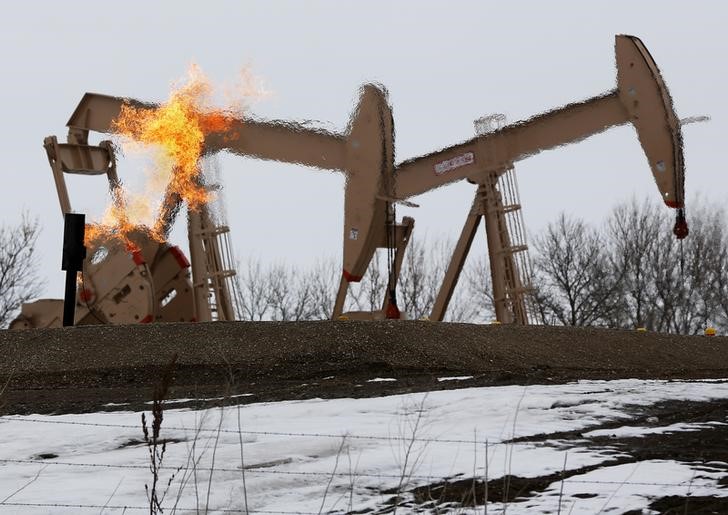Crude Oil Higher; G7 Aims to Cap Russia’s Oil Exports
2022.06.28 16:40

Crude Oil Higher; G7 Aims to Cap Russia’s Oil Exports
Oil prices traded higher Tuesday, boosted by hopes of increased Chinese demand as well a further tightening of supply as the G7 seeks to limit Russia’s crude revenue.
By 9:25 AM ET (1325 GMT), U.S. crude futures traded 1.1% higher at $110.75 a barrel, while the Brent contract rose 1.4% to $112.50 a barrel.
U.S. Gasoline RBOB Futures were down 0.2% at $3.7325 a gallon.
Beijing and Shanghai, China’s two largest cities, both recorded no new locally-transmitted COVID infections on Monday, the first time they had no virus freely circulating since Feb. 19.
The tough measures Chinese authorities imposed on their citizens to try and control the virus came at a cost, with the mobility restrictions severely impacting economic activity and thus the demand for energy.
This news has raised hope that economic normalcy will quickly return, boosting demand for crude from the world’s largest importer.
Elsewhere, the Group of Seven economic powers have agreed Tuesday to consider imposing a ban on transporting Russian oil that has been sold above a certain price, attempting to limit the funds Moscow can generate to continue its invasion of Ukraine.
Russian oil export revenues climbed in May even as volumes fell, the International Energy Agency said in its June monthly report.
Although the plan is to cap the price of Russia’s oil (and gas) exports it could have the reverse impact on the overall market if the move results in a further disruption of global supply.
The tightness of the global market has been one of the main reasons for the gains of almost 50% in the price of oil this year, and this hasn’t been helped this week by the news that both Libya and Ecuador have had their oil production levels severely curtailed by civil unrest.
The Organization of the Petroleum Exporting Countries and their allies including Russia, known as OPEC+, are set to meet on Thursday to discuss their latest production levels, but are expected to stick to the previously announced plan for modest output increases in August.
The prospect of a significant increase in supply from this group looks unlikely after French President Emmanuel Macron indicated earlier this week that the United Arab Emirates and Saudi Arabia, two of OPEC’s key producers, are already pumping almost as much as they can.
The industry body American Petroleum Institute is set to release its weekly estimate of U.S. crude inventories later in the session. This may be studied even more carefully than usual after the Energy Information Administration confirmed that the official U.S. oil inventory report will be delayed for a second straight week by hardware failure.







